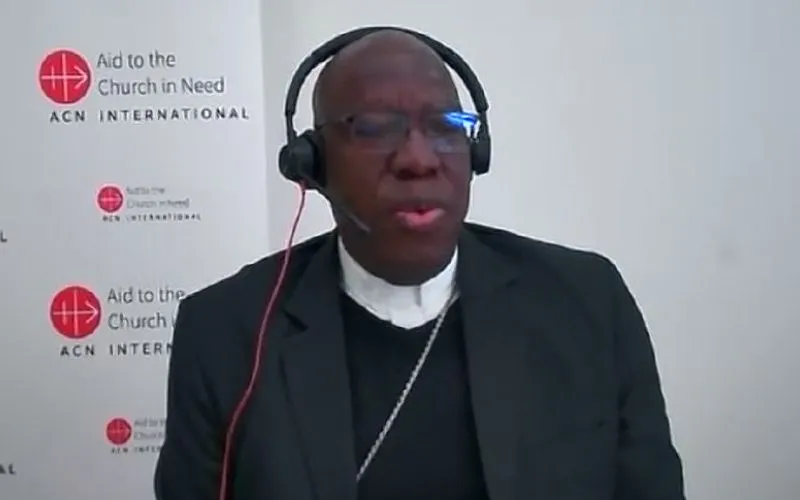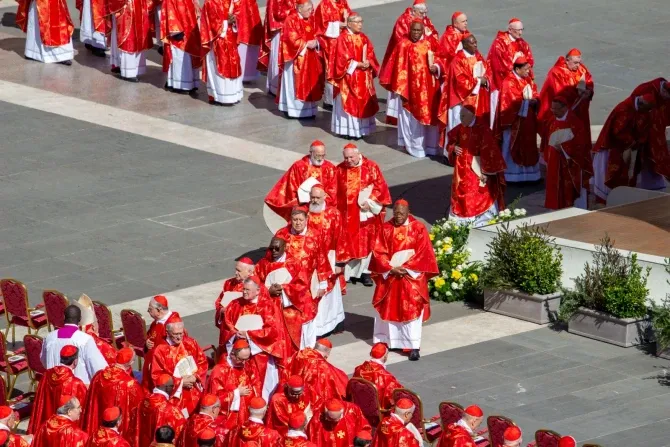The February 25 attack is the latest in a series of the Sahel atrocities blamed on Islamist terrorist groups linked to al-Qaeda and Islamic State, reportedly active in the Sahel region, having taken over long strips of land and contributed to the displacement of millions of people in the region.
Authorities in the Sahel region have been battling against the Islamist terrorist groups since Libya’s civil war in 2011, followed by an Islamist takeover of Northern Mali in 2012. The jihadist insurgency reportedly spilled over into Burkina Faso and Niger from 2015.
While some attacks have targeted Christian churches, other attacks have involved the kidnapping of members of the Clergy, women and men Religious and Seminarians.
In the February 28 pre-conference, Bishop Kientega said he doesn’t know who the attackers are or who is backing them up.
“We don’t have problems with the Muslims. But the terrorists are radicalized,” he said.
(Story continues below)
Bishop Kientega posed, “We ask ourselves; who is supporting them? Who is giving them money? The big question is why? Why are they killing and kidnapping? Why are they taking the goods of the people? Why are they burning villages?”
The Catholic Church leader said that most of the time the attackers are young people who are “instrumentalized” and lured in terrorism with promise of riches.
“Most of them don’t have work and are lured into this movement by people promising them jobs,” he said.
Bishop Kientega said that authorities in Burkina Faso are ‘doing their best to help people, organizing convoys to bring food into towns and villages that were affected and to “ensure the security of the people.”
He said in some villages the Catholic rectory has become “the house of everybody. People go there seeking assistance. Some people even want to get crosses because it is a sign of hope.”
“We ask you to still pray for us and to accompany us as you can,” Bishop Kientega told journalists February 28.
Jude Atemanke is a Cameroonian journalist with a passion for Catholic Church communication. He holds a Bachelor’s Degree in Journalism and Mass Communication from the University of Buea in Cameroon. Currently, Jude serves as a journalist for ACI Africa.








